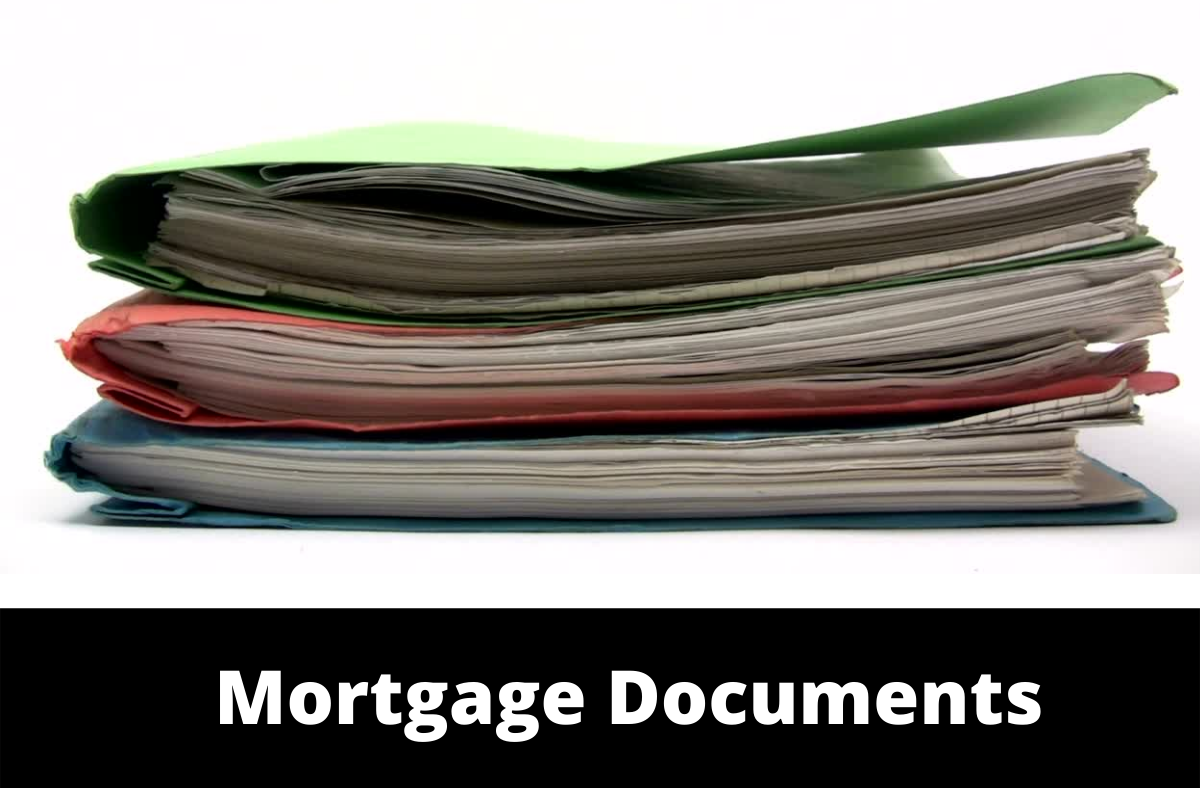Exploring Homebuyer Assistance Programs: Assessing the Options Available
 The traditional rule of thumb is that you should put down 20 percent of the cost of the house if you decide to become a homeowner. Unfortunately, the thought of saving 20 percent of the price of a home for a down payment can be daunting for people who are trying to buy a house for the first time. If you purchase a house worth $250,000, this means that you would have to save up $50,000 to put down. Fortunately, there are multiple down payment assistance programs that can make it easier for people to afford a home.
The traditional rule of thumb is that you should put down 20 percent of the cost of the house if you decide to become a homeowner. Unfortunately, the thought of saving 20 percent of the price of a home for a down payment can be daunting for people who are trying to buy a house for the first time. If you purchase a house worth $250,000, this means that you would have to save up $50,000 to put down. Fortunately, there are multiple down payment assistance programs that can make it easier for people to afford a home.
The Traditional First-Time Homebuyer Assistance Programs
If you are purchasing a home for the first time, you might be able to purchase a house for as little as 3.5 percent down. This comes in the form of an FHA loan. Even though there is a chance you might be asked to pay private mortgage insurance, the idea of putting 3.5 percent down immediately makes a house look more affordable.
Programs For Repeat Homebuyers
Even though there are plenty of programs available for first-time home buyers, there are options available for repeat home buyers as well. For example, between 35 and 40 percent of all down payment assistance programs have been designed for repeat home buyers. This means that regardless of where you are at on your journey, there might be programs that can make it easier for you to afford a home.
Programs Are Available For Public Servants
If you work in a service profession, there might be programs specifically designed to help you afford a home. For example, there is a specific program called Teacher Next Door that makes it easier for teachers to afford a home. If you are a first responder, veteran, or active-duty soldier, there are specific programs designed to make it easier for you to afford a home as well.
Explore All Options Available
Ultimately, these are just a few of the many examples of programs that are available that can make it easier for you to afford a home. Even if you do not have the money to put down 20 percent, there are programs that could make it easier for you to purchase a house.
 If you want to save money on your mortgage, you might think about refinancing. Before you can complete the refinancing process, there are several documents you need to have. Make sure you have all of these documents organized before you go through the refinancing process.
If you want to save money on your mortgage, you might think about refinancing. Before you can complete the refinancing process, there are several documents you need to have. Make sure you have all of these documents organized before you go through the refinancing process. A poor credit history is a reality for many people, but it can be particularly daunting when it comes to investing in a house. Fortunately, if you or yours have experienced bad credit doesn’t mean that you should be penalized in the future. If your spouse has struggled with bad credit in the past but you’re both preparing to move forward and invest in a home, here are some tips for getting it together financially.
A poor credit history is a reality for many people, but it can be particularly daunting when it comes to investing in a house. Fortunately, if you or yours have experienced bad credit doesn’t mean that you should be penalized in the future. If your spouse has struggled with bad credit in the past but you’re both preparing to move forward and invest in a home, here are some tips for getting it together financially.